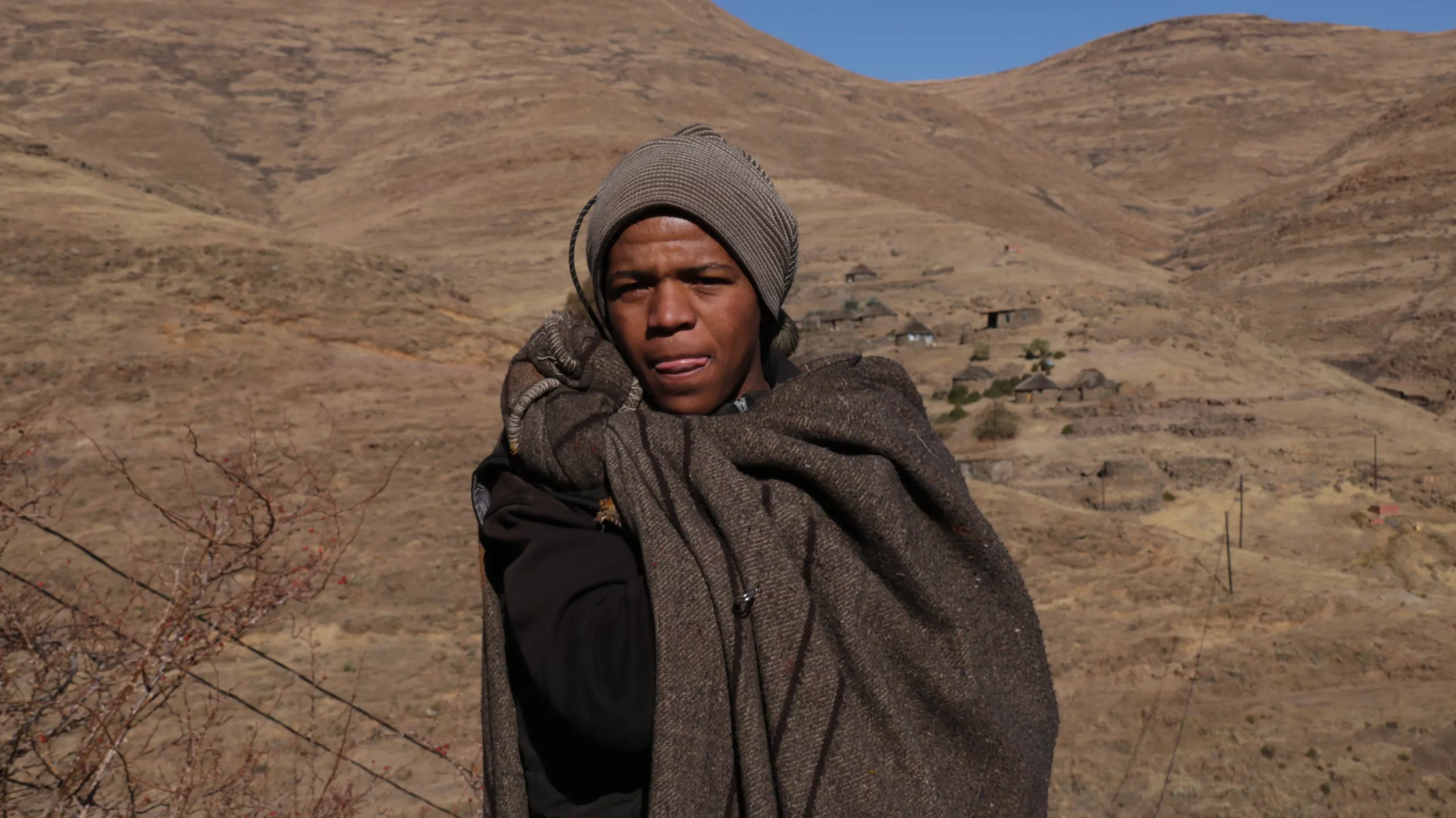|
Getting your Trinity Audio player ready...
|
Liapeng Raliengoane
LESOTHO, Thaba Tseka – In their pursuit of taking care of livestock, the most integral part of society, herd boys, are said to be reluctant to use condoms due to myths and misconceptions that they affect pleasure and kidneys.
The Lesotho Demographic and Health Survey (2014 LDHS) states that knowledge of contraceptive methods is almost universal in Lesotho, with 99% of women aged 15-49 and 98% of men aged 15-49 knowing at least one method of contraception.
It further reveals that the predominant sources of male condoms are government health centres (31%), shops (30%), and friends or relatives (12%).
An interview with Help Lesotho Peer Educator and herd boy Rantahli Mosae (24) from Ha Labane Mantšonyane, highlighted a great need for herd boys to be convinced to use condoms as they are reluctant and indicate that condoms reduce pleasure and a myth that condoms affect kidneys.
He also stressed a need for them to be provided days off so that they can go to health facilities which also happen to be far from those living in the cattle posts.
“My observation while talking with herd boys is that they do not understand human rights. They still practice child marriage, they marry underage girls and do not understand it is illegal to do so,” he uttered.
Mosae’s provides health talks and education to herd boys around Makopoi, Mantšonyane. He says he talks with them about HIV, Gender-Based Violence Sexual and Reproductive Health, and many other health-related issues.
“As I converse with other herd boys who live in the cattle posts, I have realized that one of the challenges they come across is of employers who do not give them days off to go to health facilities which are also far,” Mosae said.
From another part of the Thaba-Tseka Linakeng area, Lineo* (Not her real name) a 36-year-old married woman sings praises for contraception. She sustains her family with subsistence farming.
She said that her husband does not know that she is on contraception. She uses a method called Depo and she has been using it for 10 years now.
“My husband wants many children but we cannot afford them because we are not wealthy, that is why I am using contraception without his knowledge,” she said.
Lineo* declared “I recommend contraceptives to all women because they assist in child spacing and in reducing unwanted pregnancies.”
LDHS report (2014) states that 8 in 10 women obtain injectables (81%) and implants (81%) from the public sector, especially government health centres and hospitals. Six in 10 women obtain pills (62%) from the public sector.
In Lesotho, family planning is part of the Sexual and Reproductive Health Programme of the Ministry of Health and is an important part of the National Strategic Development Plan (NSDP II).
The United Nations Population Fund (UNFPA) Lesotho supports the Government of Lesotho’s efforts to increase access to quality sexual and reproductive health and rights (SRHR) services that are integrated and youth-friendly. These efforts aim to prevent maternal deaths, and early and unintended pregnancies, reduce new HIV infections, and eliminate gender-based violence and harmful practices.
UNFPA partnered with local journalists who regularly cover Sexual and Reproductive Health and Rights (SRHR) stories to undertake a field visit to Thaba-Tseka to gather stories from the ground.






